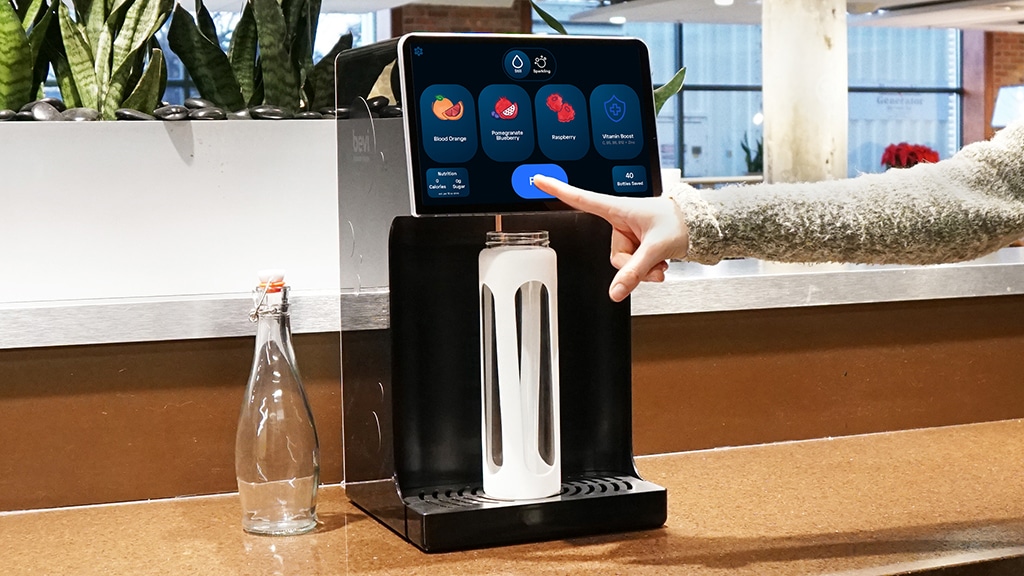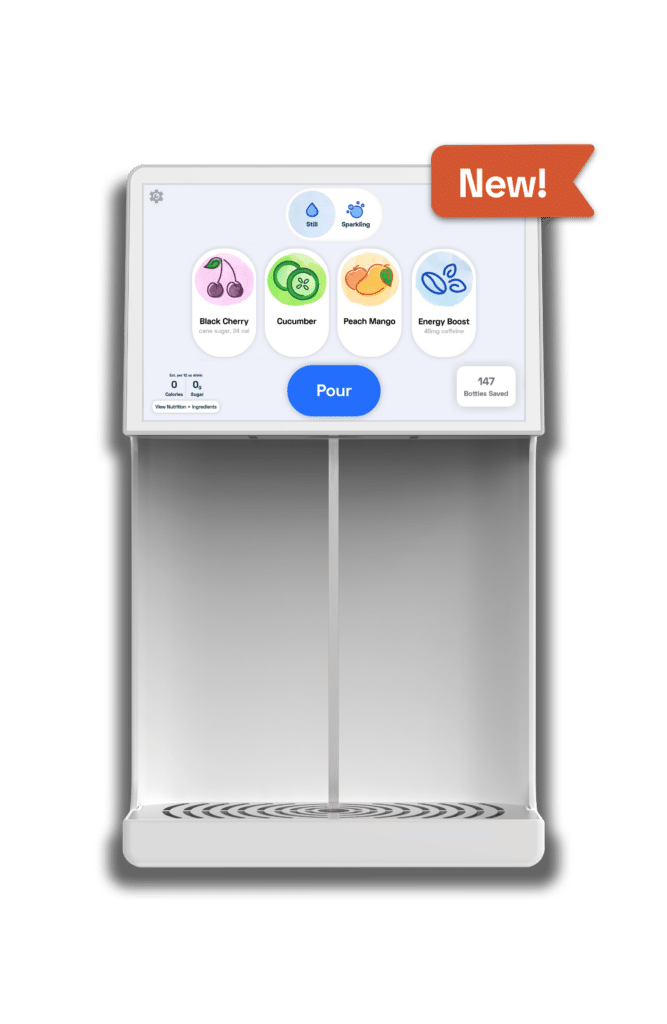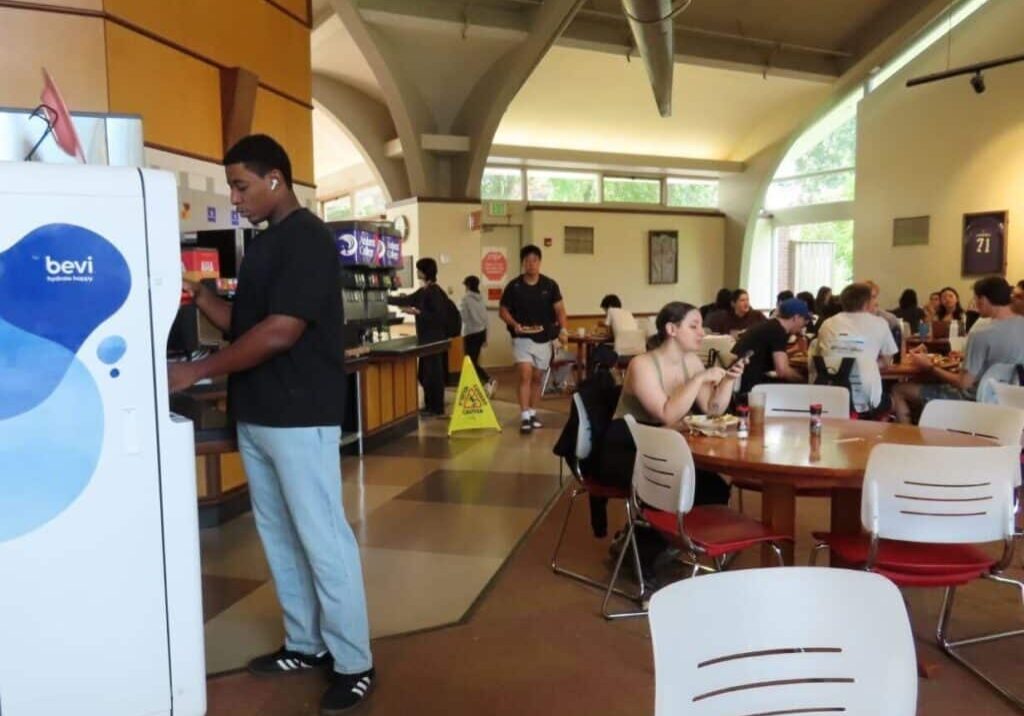It takes more than just a campus recycling program
Whether in reaction to grassroots student initiative or their own concern with the global waste crisis, universities have started pledging to go zero-waste in the upcoming decades.
This is no paltry promise. In many ways, universities are genuine waste management nightmares. Take move-out day, for example. Frantic students often leave their unwanted belongings and trash in their dorm rooms or strewn across the sidewalk in front of their residential buildings. University infrastructure is left to deal with literally tons of waste; unless there are easily accessible donation stations, many goods that could have been reused will end up in the landfill.
Despite the potential to be high-volume waste producers, universities are uniquely equipped to regulate and manage the amount of waste they produce. Campuses are tightly monitored areas, where residents live relatively structured lives and where typically an extensive on-site facilities management or custodial team takes care of most waste management concerns. Furthermore, universities already have effective communication channels in place: forums and liaison groups allow the public, i.e. students, to voice its comments and concerns—one of the key components of implementing zero waste policies.

Given these conditions, universities across the US have effectively used their communities and purchasing power to significantly reduce the amount of waste they send to the landfill. With Campus Sustainability Month coming up in October, even more college campuses are likely to jump on the zero waste bandwagon after revisiting their 2018-2019 sustainability goals.
Join the zero waste movement: check out these 12 zero waste initiatives you can bring to your college campus.
1. Make an environmental commitment and spread the word
The road to zero waste begins with setting an attainable goal. Assess your current programs and resources, and create a schedule for meeting each aspect of your goal. It’s important to get the word out and get key stakeholders on board before officially launching any initiatives.
2. Conduct a waste audit
Waste audits provide useful benchmark data when setting sustainability goals. Choose a representative study area and time frame, and evaluate the effectiveness of your current waste management processes.
3. Organize sustainable move-in and move-out programs
On any campus, move-in and move-out day are undoubtedly two of the most wasteful days of the scholastic year. To prevent lightly-used furniture and goods from needlessly entering the landfill, many schools set up donation areas and tents during move-out day. At the University of Texas at Austin, the student-run Trash to Treasure Project collects donated items at the end of every semester, and sells them back to the UT community for a $1 each, allowing used dorm room furnishings to find a new home.
4. Go plastic free
Eliminating plastic from day-to-day life on campus is not as intimidating as it sounds. Most universities have hydration stations scattered throughout campus, thereby encouraging students to fill reusable bottles and reducing the campus’ reliance on single-use plastic bottles.

“Bevi was the perfect solution…students look for today”
5. Create an on-campus thrift store or arrange clothing swaps
If you can’t reduce, reuse! A Campus thrift store is a popular, and often lucrative, place to turn trash into treasure. If securing a space to store and sell clothes proves too difficult, monthly clothing swaps are a great alternative. Don’t just throw out the contents of the Lost & Found or dorm room dresser after move-out day: collect the clothes and find them a new home!
6. Develop campus wide incentive programs to reinforce positive behavior
Stanford University, which is on track to be zero-waste by 2030, has an exemplary incentive program called ‘My Cardinal Green.’ First, all members of the Stanford community are asked to take a survey that suggests a curated list of sustainability actions. Upon completing the actions, participants then submit documentation outlining what they did. Finally, the program rewards participants with up to $75 in cash for their eco-friendly behavior.
7. Start a terracycling program for all your “unrecyclable” goods
While universities can control what they offer in their cafeterias and cafes, they can’t control all of the waste their students generate (i.e. whatever students buy and bring on campus). Terracycling allows plastic products that would normally end up in the landfill, such as candy wrappers, chip bags, plastic packing materials, etc, to get cleaned, processed and repurposed.
8. Partner with local organizations, non-profits, etc. to form a food waste recovery plan. Alternatively, invest in composting
In recent years, on-campus food waste recovery programs have become standard. For example, Harvard University partners with the local Boston nonprofit, Food For Free, to donate surplus food from their freshman dining hall to the food insecure around Cambridge and Boston. On average, Harvard donates over 30,000 meals each year. Be sure to thoroughly review your state’s local regulations for food donations before forming a food recovery squad. And for food that is not able to be reheated, composting is the next best option.
9. Celebrate environment-related holidays or plan your own educational events
From Campus Sustainability Month to Earth Day, America Recycles Day to National Clean Air Month, there are many ways to celebrate and promote sustainability on-campus. In addition to these yearly events, many campuses have weekly farmers’ markets that provide a great opportunity for student groups to host hands-on activities that teach others positive, eco-friendly behaviors.
10. Rethink concessions at athletic events
While more and more stadiums are installing water refilling stations, concessions are unlikely to completely eliminate bottle water from their offerings. For this reason, every athletic event needs visible, easily accessible recycling and compost bins. Some stadiums have instituted composting programs for their central kitchens, developed food recovery infrastructure, and switched to compostable napkins and containers. One stadium in Chicago even recycles all their cooking oil by sending it to a facility where it is used to produce biofuels.
11. Try out dual-stream recycling
While most municipalities practice single-stream recycling, dual-stream recycling is a far more efficient system. Rather than mix paper, plastic, and glass products, dual-stream recycling keeps these products separate. This helps to prevent contamination and maximizing the amount of material that’s suitable for reuse. Several universities, such as Harvard, Stanford, Boston University and Tufts, practice dual-stream recycling. And many third party waste management services now offer it as an option. In general, optimizing the efficiency of on-campus waste management programs has become a priority for most major universities.
12. Implement a comprehensive organic waste diversion program
In addition to food waste, universities often generate substantial organic waste: leaves, lawn clippings, branches. To deal with the byproducts of quad and garden maintenance, Sacramento State University created a “Closed Loop” waste diversion program. The outdoor organic waste was turned into a bio-compressed natural gas. This fuel was then used to power the campus’ complimentary shuttle service. The university, thereby, launched into a journey in divesting from fossil fuels.
The latest stories on Bevi’s blog
- How to (actually) improve student satisfaction on campus
- The myth of aluminum rebellion
- 6 innovative ideas for college campuses to improve their dining halls
- Thanks a billion! Bevi hits bottles saved milestone
- What the fervor for functional beverages means for campus dining
- A very spooky Bevi machine: 2025 Halloween flavor icons
- L-theanine 101: The sneaky popular nootropic in your drink
- How to stay focused at work (even with distractions)
- Magnesium 101: Supplement for sleep, stress, and focus
- Stevia 101: Is stevia bad for you?
- Vitamin B12: How it works & why it helps





